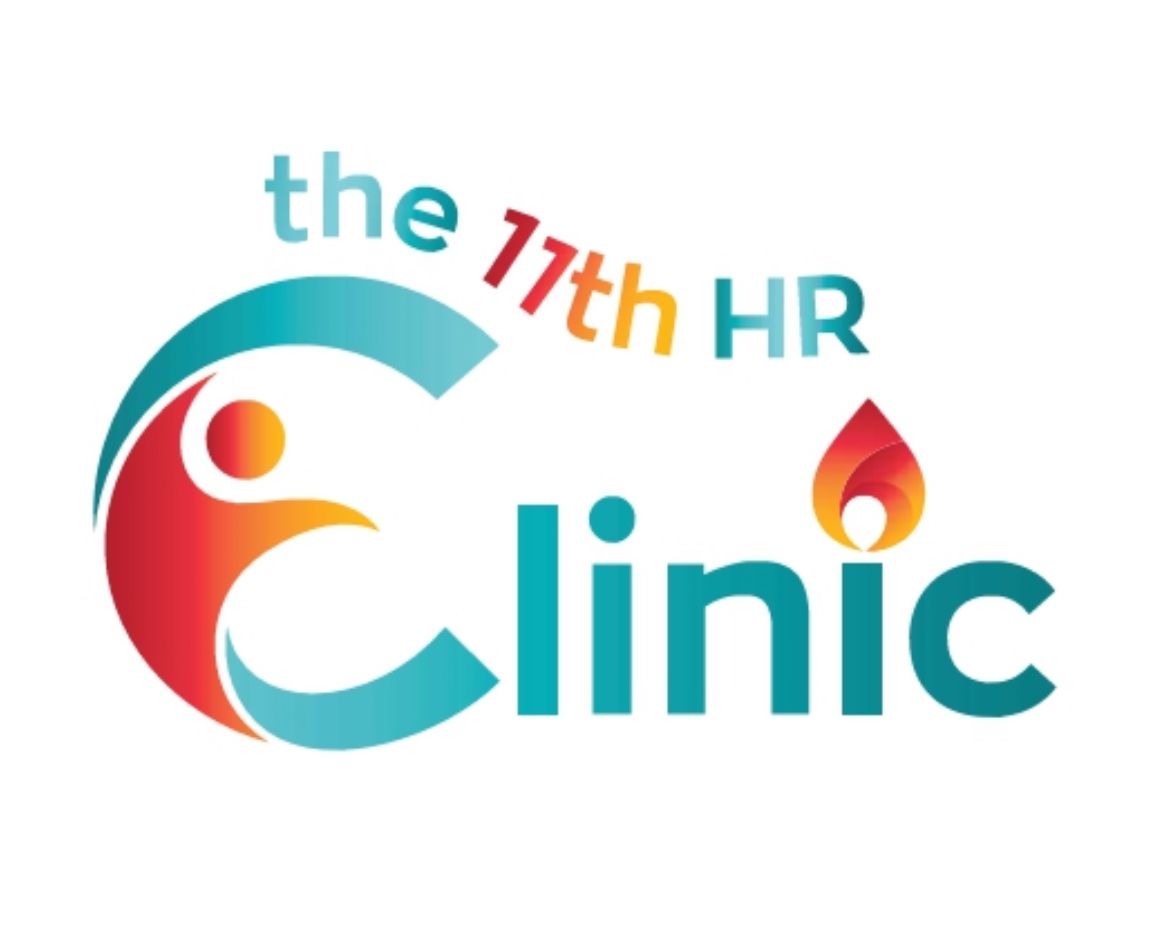Career Choices Across Life Stages
Why What You Want from Work Changes Over Time
One of the most powerful insights from career counselling in modern workplaces is that career decisions are not static. What matters to you in your 20s may look very different from what drives you in your 40s or as you consider winding down your career.
Understanding how your priorities and motivations evolve across life stages can help you make more meaningful and sustainable career choices (Super, 1980; Ng & Wanberg, 2017).
The Psychology Behind Life-Stage Career Development
A foundational theory in career development is Donald Super’s life-span, life-space approach, which conceptualises that a person’s career is more than just a job. Rather, it is the result of the combination and sequence of roles (for example student, worker, parent, retiree) played over a lifetime (Super, 1980). Our self-concept (the way we perceive our abilities, interests, and values) develops over time and shapes career decisions (Ng & Wanberg, 2017).
Research supports that career transitions, such as promotions, job changes, or role shifts, affect people differently depending on their life stage. Horizontal transitions (lateral moves) have a stronger effect on objective success (like salary) for younger people, whereas upward transitions (like promotions) more strongly boosted salary for older workers (Steindórsdóttir, Sanders, Arnulf & Dysvik, 2022).
Traditional “normative” career transitions (like entering the workforce or retiring) are studied more than idiosyncratic transitions, which are unique, non-linear career moves (Akkermans, da Motta Veiga, Hirschi & Marciniak, 2023). Despite the lack of research in this area, there are a few things we know about how career choices are made in context of life stages and what to look for in career counselling.
Career Counselling for Different Life Stages
Emerging Adulthood (≈ 20s): Exploration and Self-Construction
In early adulthood, many people are still forming their professional identity. Career counselling during this stage often leans on life-design principles, helping individuals narrate their life stories and envision possible futures (Maree & Twigge, 2016). Such interventions support future planning, identity development, and adaptability (Maree & Twigge, 2016).
Mid-Career (≈ 30s–50s): Growth, Consolidation, and Transitions
This period often involves more established roles, such as moving into leadership, balancing family responsibilities, or seeking greater fulfillment. Counselling here may focus on:
- Navigating transitions, whether upward (promotions) or horizontal (changing roles), with an eye on both objective (salary, title) and subjective (satisfaction, meaning, success) factors (Steindórsdóttir, Sanders, Arnulf & Dysvik, 2022).
- Revisiting self-concept, leveraging tools like Super’s “life-career rainbow” to map out the importance of different life roles (Super, 1980).
- Building career adaptability, which emphasizes flexibility, identity, and reflexivity (Wang & Li, 2024).
A useful counselling intervention in this stage is the “Life Construction Dialogue,” which prompts people to reflect on their identity, values, and purpose, helping them to build a coherent and adaptable life plan (Savickas et al., 2002).
Late Career (≈ 50s+): Reflection, Legacy, and Transition to Retirement
As people move into later stages of work, priorities often shift toward legacy, mentoring, and preparing for retirement. Career counselling can help by:
- Facilitating meaning-making and identity transition, helping individuals re-evaluate how their work fits into a broader life narrative (Super, 1980).
- Planning for phased retirement or second acts, supporting both emotional transition and practical steps.
- Addressing the psychological tasks of disengagement from traditional work roles while preserving a sense of purpose (Ng & Wanberg, 2017).
Why Career Counselling Matters Across Life Stages
Career counselling helps with:
- Aligning work with evolving values: As your life changes, what you find meaningful in your career may also change (Super, 1980).
- Supporting transitions: Having a counselling partner can guide you through uncertainty with both strategy and emotional support (Steindórsdóttir, Sanders, Arnulf & Dysvik, 2022; Akkermans, da Motta Veiga, Hirschi & Marciniak, 2023).
- Building adaptability: Life-design approaches foster resilience, helping people re-author their career stories (Wang & Li, 2024).
- Improving wellbeing and satisfaction: When work aligns with your self-concept and life roles, you're more likely to feel fulfilled and less likely to burn out (Maree & Twigge, 2016).
Practical Steps You Can Apply Now
- Reflect regularly: Set aside time (e.g., every 6–12 months) to journal or think about your career story: what’s going well, what’s changing, what you want next.
- Seek feedback: Talk to trusted peers, mentors, or supervisors about how they see your strengths and potential.
- Set stage-appropriate goals: Early in your career, prioritise learning and experimentation; later, focus on legacy or balance.
- Consider formal counselling: A career psychologist or coach trained in life-span development can help you make transitions more intentionally.
- Use narrative tools: Try exercises like a lifeline (plotting milestones), career genogram (mapping influences), or future self-visualisation to gain clarity.
How we can help
Career development isn’t a one-time decision but a lifelong journey, deeply intertwined with who you are and how that evolves. By recognising the unique challenges and opportunities of different life stages and leaning into career counselling that understands these dynamics you can make more intentional choices and build a career that’s not just successful, but deeply aligned with your values.
No matter your stage in life, career counselling can help you clarify your goals, navigate transitions, and align your work with what truly matters to you. If you’re ready to explore your career path with expert guidance, book a telehealth or in-person session with one of our psychologists here. Your future self will thank you.
References
Akkermans, J., da Motta Veiga, S.P., Hirschi, A., & Marciniak,J. (2023). Career transitions across the lifespan: A review and research agenda. Journal of Vocational Behavior, 148, 103957.
Maree, J. G., & Twigge, A. (2016). Career and self-construction of emerging adults: The value of life designing. Frontiers in Psychology, 6, 2041.
Ng, T. W. H., & Wanberg, C. R. (2017). Life-span career stage theory: Applications and implications. Journal of Applied Psychology.
Savickas, M. L., et al. (2002). Life Construction Dialogue Intervention: “Constructing my future purposeful life.” Sustainability, 12(9), 3645.
Steindórsdóttir, B.D., Sanders, K., Arnulf, J.K., & Dysvik, A. (2022). Career transitions and career success from a lifespan developmental perspective: A 15‑year longitudinal study. Journal of Vocational Behavior, 140, 103809.
Super, D. E. (1980). A life-span, life-space approach to career development. Journal of Vocational Behavior, 16(3), 282–298.
Wang, D., & Li, Y. (2024). Career construction theory: Tools, interventions, and future trends.
Frontiers in Psychology.



